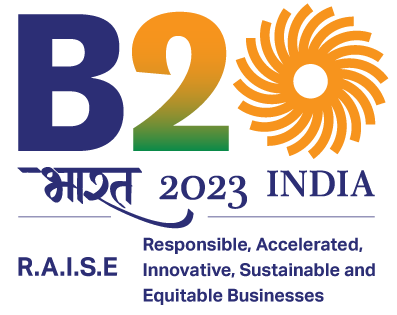The Asian Infrastructure Investment Bank, or AIIB, has released its first-ever Sustainability Report. The report applies the new International Sustainability Standards Board (ISSB) disclosure framework. This is a significant step for transparency.
The sustainability report details how the AIIB manages climate-related risks. It found that these risks do not materially affect the bank’s financial health. The AIIB’s governance, strategy, and risk frameworks integrate climate considerations. This includes an assessment of climate-related risks and opportunities.
For the first time, the bank also voluntarily disclosed its financed emissions. This disclosure is a major move toward greater accountability. It aligns with a commitment made at COP28 by multilateral development banks. The goal is a globally consistent baseline for sustainability disclosures.
AIIB President Jin Liqun emphasized the report’s importance. He stated that the bank’s mission requires it to “lead by example.” He believes that clear, comparable disclosures are essential for better decisions in development finance.
Andrew Cross, AIIB’s Chief Financial Officer, highlighted the business case. He said consistent and credible data builds stakeholder trust. This reduces perceived risk and supports long-term value creation.
The report demonstrates the bank’s strategy. It shows how the AIIB is managing climate risks. It also shows how the bank continues to support its members’ low-carbon transitions.
The Sustainability Report was published alongside the bank’s mid-year financial results. The AIIB utilized transitional relief measures for its reporting. The AIIB is a multilateral development bank with 110 members. It is capitalized at $100 billion and is AAA-rated. Its mission is to finance “infrastructure for tomorrow,” with a core focus on sustainability.













